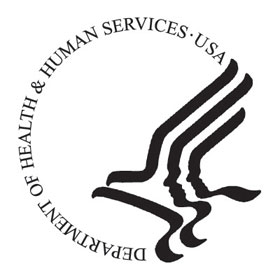With the ongoing implementation of various elements of the No Surprises Act, HHS is being pressured to make another fix to the independent dispute resolution (IDR) process, which has been burdened by legal challenges from the beginning. Lawmakers are now challenging the Biden Administration to make changes. This comes as another lawsuit has been brought forth in Texas.
Lawmakers Press Administration
Along with the recent litigation, House lawmakers are calling for the Biden administration to make provider-friendly changes on a final rule implementing the No Surprises Act, saying it doesn’t follow the law’s intent. Leaders of the House Ways and Means Committee sent a letter to several agencies implementing the No Surprises Act, which bans surprise medical bills. The lawmakers say the rule tilts an independent arbitration process in the favor of insurers and doesn’t fix problems outlined in an original regulation released last year.
According to the Committee members, “Congress intentionally required [IDR] arbiters to equally consider a series of factors for their decision-making process. Although the [QPA] is an important factor, the statute lists the QPA as one of many factors an IDR entity must consider without giving preference or outsized weight to any one factor.”
“We are severely disappointed to find that the August 2022 final rule violates the No Surprises Act in the same ways as before,” wrote Reps. Richard Neal, D-Massachusetts, and Kevin Brady, R-Texas.
At the heart of their complaint is the “double counting” test adopted by HHS, which directs IDR entities to “consider whether additional information [from other statutory-referenced sources] is already accounted for in the QPA.” If the IDR entity selects a payment rate that is materially different than the QPA, it must explain why those other factors were not already captured in the QPA, which inherently increases the weight of the QPA. HHS was urged to adopt a change to the rule that would require the IDR to separately consider all of the statutory factors.
Texas Litigation
The Texas Medical Association filed a third lawsuit on November 30 that again targets the implementation of the federal law that protects consumers from surprise medical bills. The lawsuit challenges the methodology for calculating payments that play a central part in the arbitration process when payers and providers cannot come to pricing agreements and turn to a third-party. The plaintiffs allege the current methodology will financially harm providers and “deflate” payments they receive after rendering care to patients, according to the lawsuit filed in federal court in Texas.
In the latest suit, TMA argued there are certain aspects of calculating the QPA that artificially deflates the QPA.
“Calculating QPAs the way the agencies have required means that physicians have the scales tipped against them from the outset of negotiations. Shrouding these calculations in secrecy further disadvantages physicians, by preventing them from raising errors in QPA calculations to the agencies,” TMA President Gary Floyd said in a statement.

